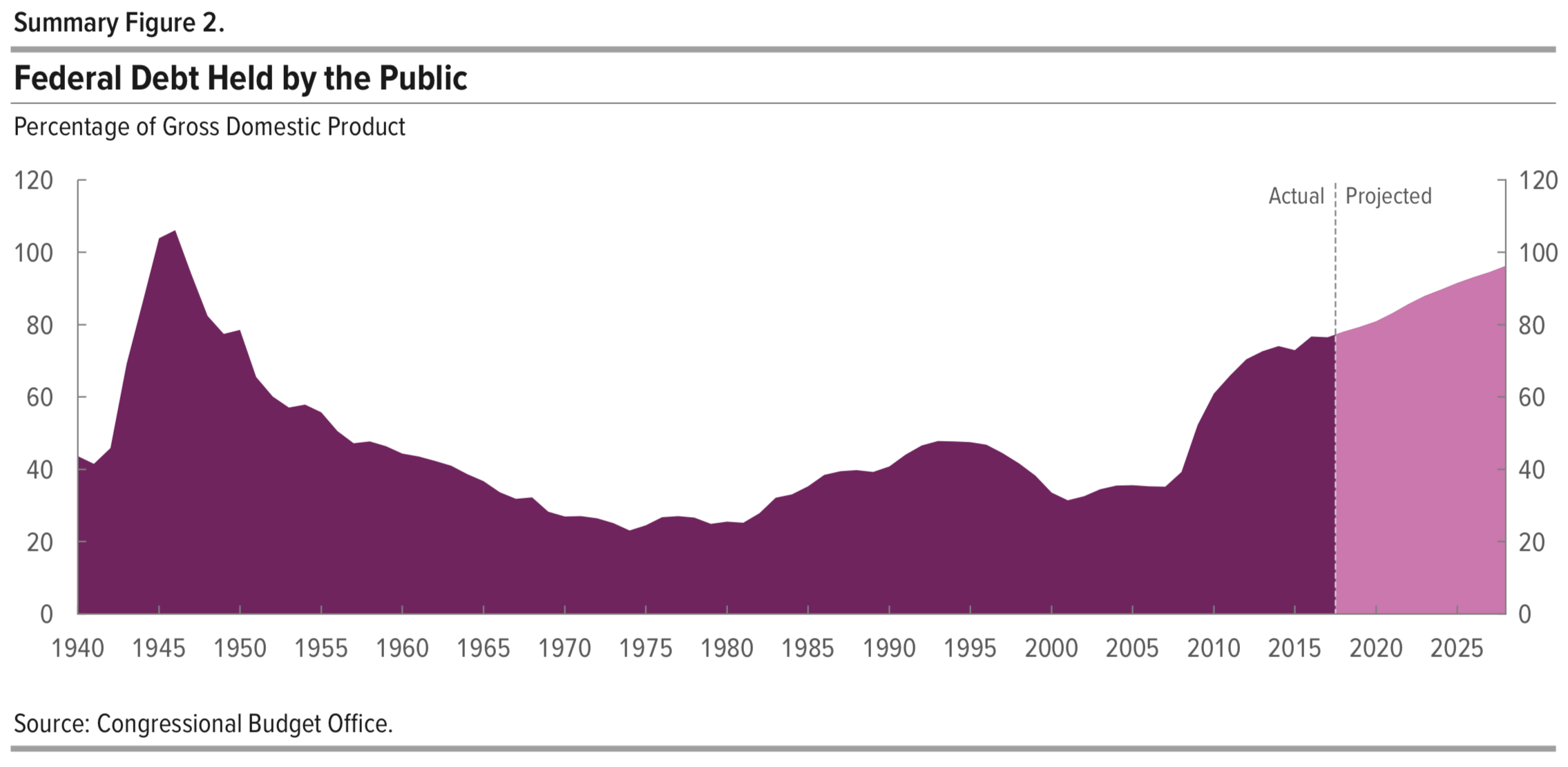In 2003, one year before Facebook was founded, a website called Facemash began nonconsensually scraping pictures of students at Harvard from the school’s intranet and asking users to rate their hotness. Obviously, it caused an outcry. The website’s developer quickly proffered an apology. “I hope you understand, this is not how I meant for things to go, and I apologize for any harm done as a result of my neglect to consider how quickly the site would spread and its consequences thereafter,” wrote a young Mark Zuckerberg. “I definitely see how my intentions could be seen in the wrong light.”
…By 2008, Zuckerberg had written only four posts on Facebook’s blog: Every single one of them was an apology or an attempt to explain a decision that had upset users.
…By now, it ought to be plain to [Facebook employees], and to everyone, that Facebook’s 2 billion-plus users are surveilled and profiled, that their attention is then sold to advertisers and, it seems, practically anyone else who will pay Facebook—including unsavory dictators like the Philippines’ Rodrigo Duterte. That is Facebook’s business model. That is why the company has an almost half-a-trillion-dollar market capitalization, along with billions in spare cash to buy competitors.
These are such readily apparent facts that any denial of them is quite astounding.
And yet, it appears that nobody around Facebook’s sovereign and singular ruler has managed to convince their leader that these are blindingly obvious truths whose acceptance may well provide us with some hints of a healthier way forward. That the repeated word of the use “community” to refer Facebook’s users is not appropriate and is, in fact, misleading. That the constant repetition of “sorry” and “we meant well” and “we will fix it this time!” to refer to what is basically the same betrayal over 14 years should no longer be accepted as a promise to do better, but should instead be seen as but one symptom of a profound crisis of accountability. When a large chorus of people outside the company raises alarms on a regular basis, it’s not a sufficient explanation to say, “Oh we were blindsided (again).”
Privacy is important to me. I don’t use Facebook, or its products, because I don’t like the amount of data they collect or how information (e.g. photos and updates) that I add to their platform gets shared.
It’s tough because while I provide value to Facebook, it’s not monetary. And those who do pay Facebook — advertisers — are the real customers.

